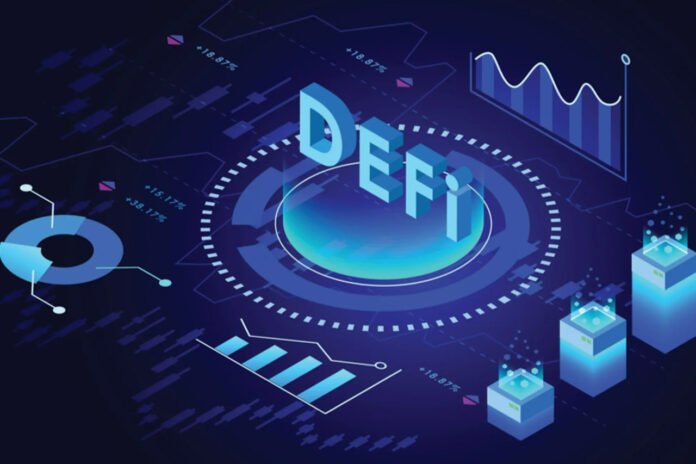Decentralized Finance (DeFi): Exploring the Next Frontier of Banking
In recent years, the world of finance has seen a significant shift towards decentralization with the rise of decentralized finance, commonly referred to as DeFi. This emerging trend is reshaping the traditional banking system and opening up new possibilities for individuals around the world.
The Basics of DeFi
DeFi refers to a system of financial applications and services built on blockchain technology. Unlike traditional banking, which relies on intermediaries such as banks and other financial institutions, DeFi works on a peer-to-peer basis, allowing users to transact directly with each other without the need for an intermediary. Is.
One of the key features of DeFi is its emphasis on transparency and accessibility. Anyone with an internet connection can participate in DeFi, regardless of geographic location or financial background. This inclusion has the potential to empower those who have been excluded from the traditional financial system.
The Benefits of DeFi
DeFi offers several advantages over traditional banking. First, it gives consumers more control over their financial assets. With DeFi, individuals can directly manage their funds without relying on third parties to hold or transfer their money.
Secondly, DeFi enables faster and more efficient transactions. Traditional banking systems often involve lengthy processes and intermediaries, causing delays and additional costs. In contrast, DeFi transactions are executed on the blockchain, allowing for instant settlement and lower fees.
Finally, DeFi opens up a world of financial opportunities through decentralized applications (dApps). These dApps offer a wide range of services, including lending, borrowing, trading, and asset management. Users can leverage these applications to earn passive income, access loans without a credit check, and participate in decentralized exchanges.
The Future of DeFi
As DeFi continues to gain traction, its potential impact on the banking industry is becoming increasingly clear. The decentralized nature of DeFi challenges the current centralized financial system, providing an alternative that is more transparent, accessible and efficient.
However, there are also challenges that DeFi needs to overcome to reach its full potential. These include regulatory concerns, security risks, and scalability issues. As the industry evolves, efforts are being made to address these challenges and create a more robust and secure DeFi ecosystem.
Finally, decentralized finance, or DeFi, is revolutionizing the banking industry by offering a transparent, accessible, and efficient alternative to the traditional banking system. As more people recognize the benefits of DeFi and overcome the challenges it presents, the future of finance is poised for decentralization.




